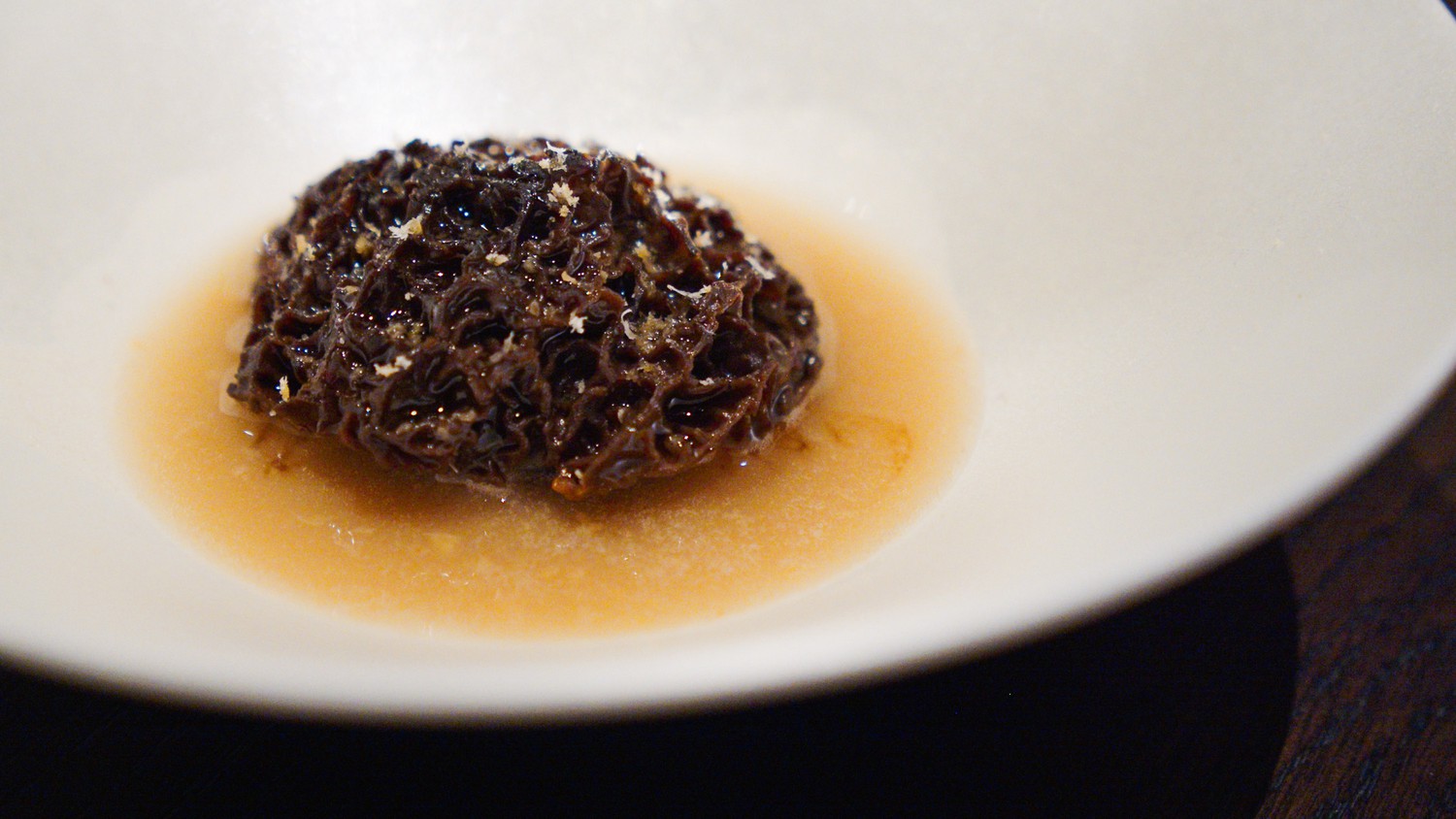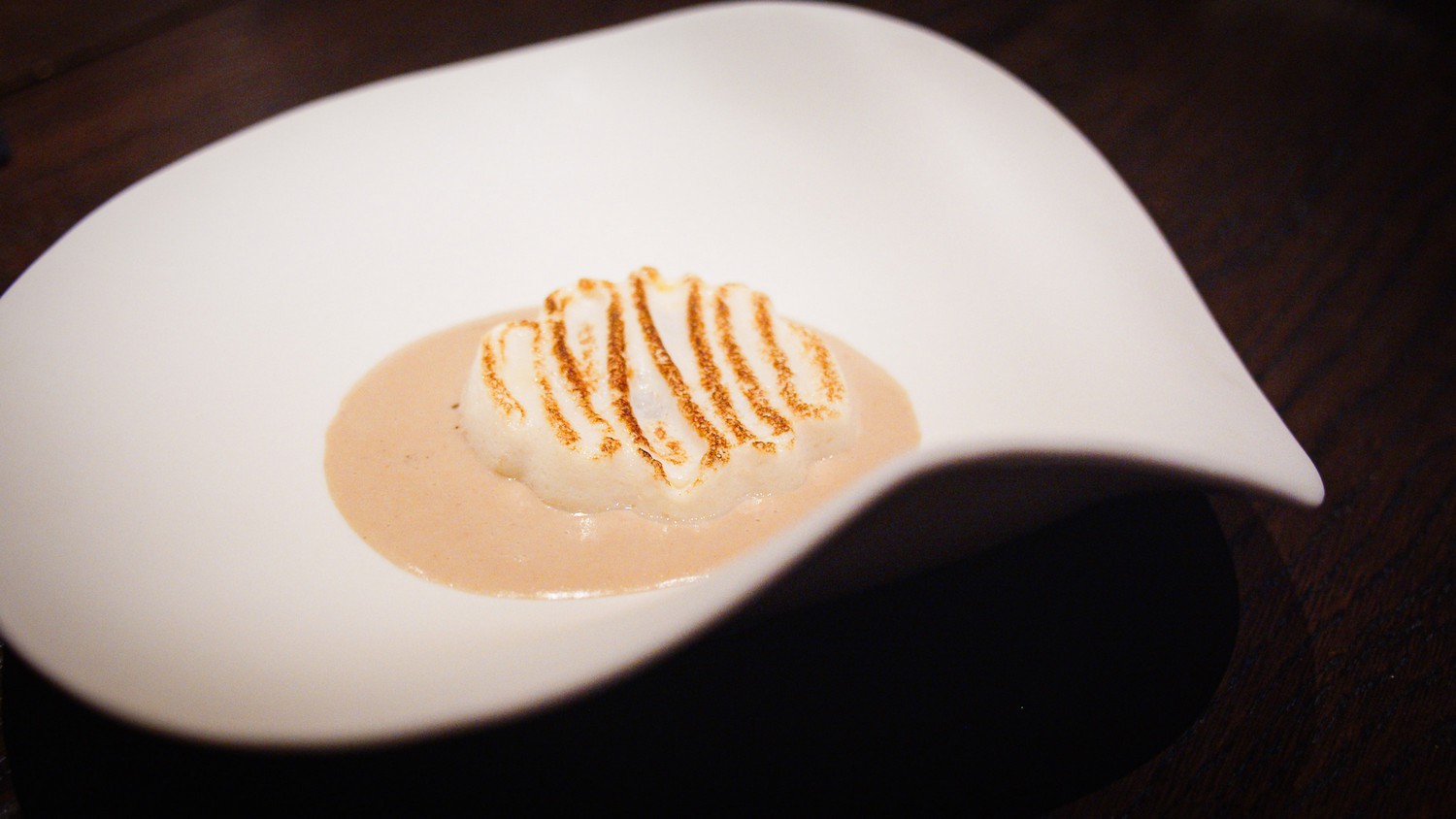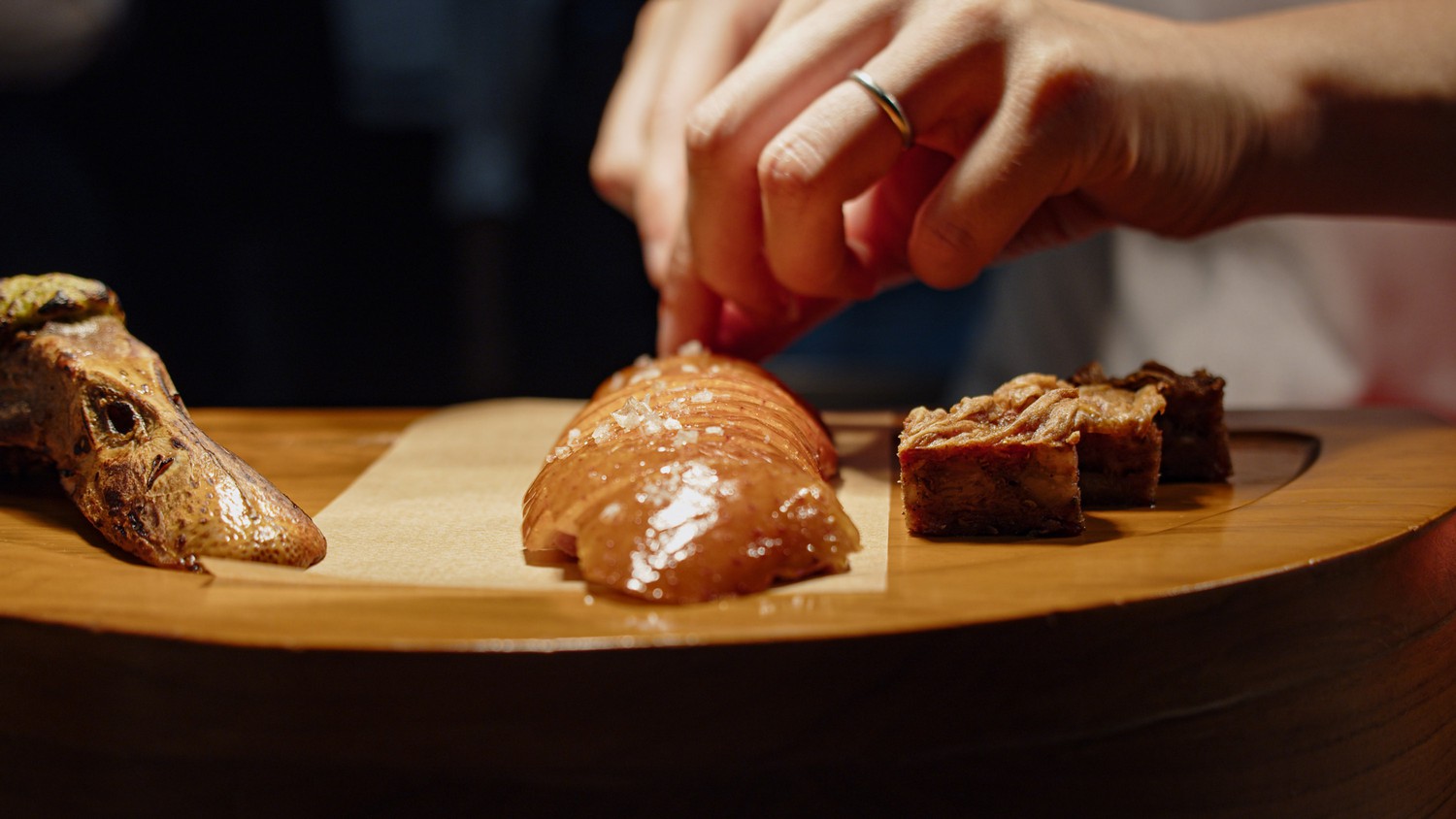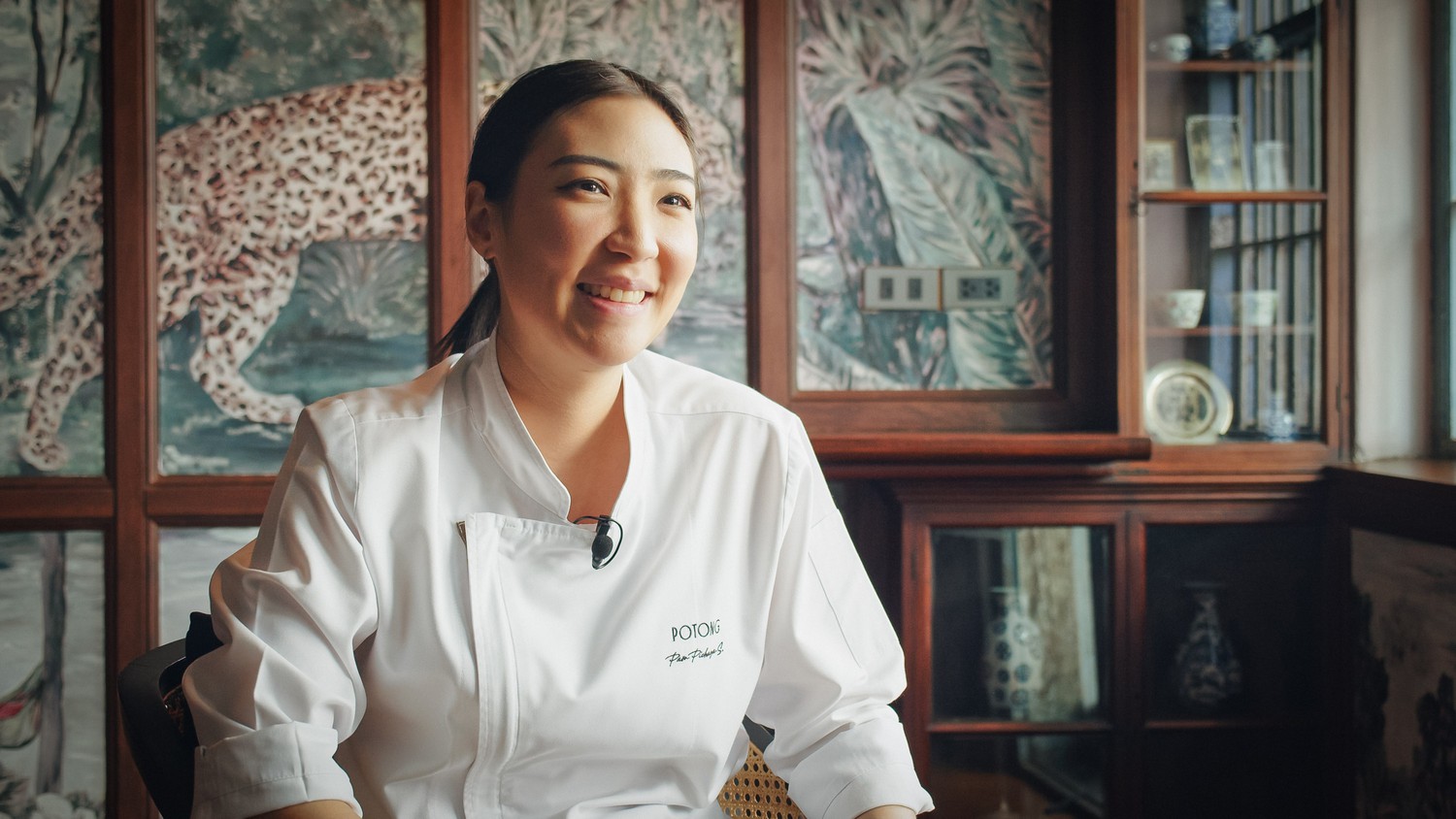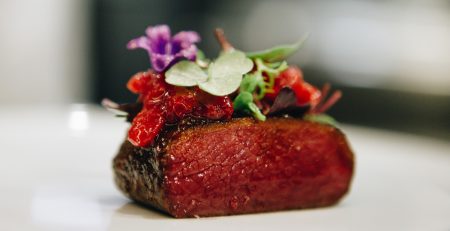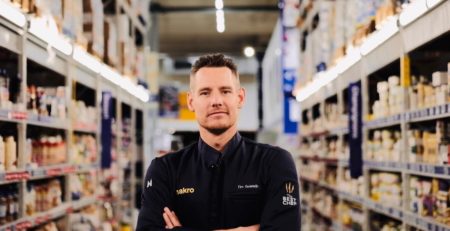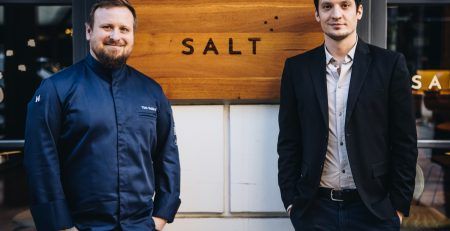For Chef Pam, Thai cuisine is about freshness of flavors, characterized by boldness and harmonious balance. Through her culinary endeavors, Chef Pam aims to showcase Thailand’s diverse regional cuisines, dispelling misconceptions and introducing the richness of Thai gastronomy to a global audience. Committed to nurturing the next generation of culinary talent, Chef Pam actively mentors her team members, providing them with opportunities to expand their horizons and be inspired by a variety of culinary experiences. Additionally, she spearheads initiatives such as the Women for Women program, which enables aspiring chefs from disadvantaged backgrounds to pursue their culinary dreams through financial support and mentoring.
The Best Chef: What are your observations regarding Thai cuisine?
Chef Pam: I think if we look back ten years ago at Thai cuisine and now, there’s been a huge, positive change. Back then, local Thai people didn’t want to pay much for their own cuisine, especially at a fine dining level. But nowadays, people are willing to pay for well-executed local dishes. In the past, the younger generation aspired to careers in banking, brokerage, or medicine, rather than in the culinary field. But nowadays, being a chef is something people pursue eagerly, and I believe it’s tremendously beneficial for our country, as it elevates Thai cuisine onto the world stage.
The Best Chef: You appear on the TV show Top Chef Thailand. How do you perceive a television career as a chef?
Chef Pam: As for cooking shows in general, I believe they have both positive and controversial effects, or effects that are not beneficial. The positive aspect is that they raise awareness about our profession. As you can see, more young people aspire to become chefs because they witness successful chefs on TV. However, there’s another side to the story that I’d like to address. I see it as the flip side of the coin. When young people observe successful chefs, they aspire to achieve similar success rapidly, often overlooking the necessity for extensive training and hard work. Upon graduation, they aspire to become head chefs immediately. Thus, I believe this represents a misinterpretation of the distinction between a cook and a chef.
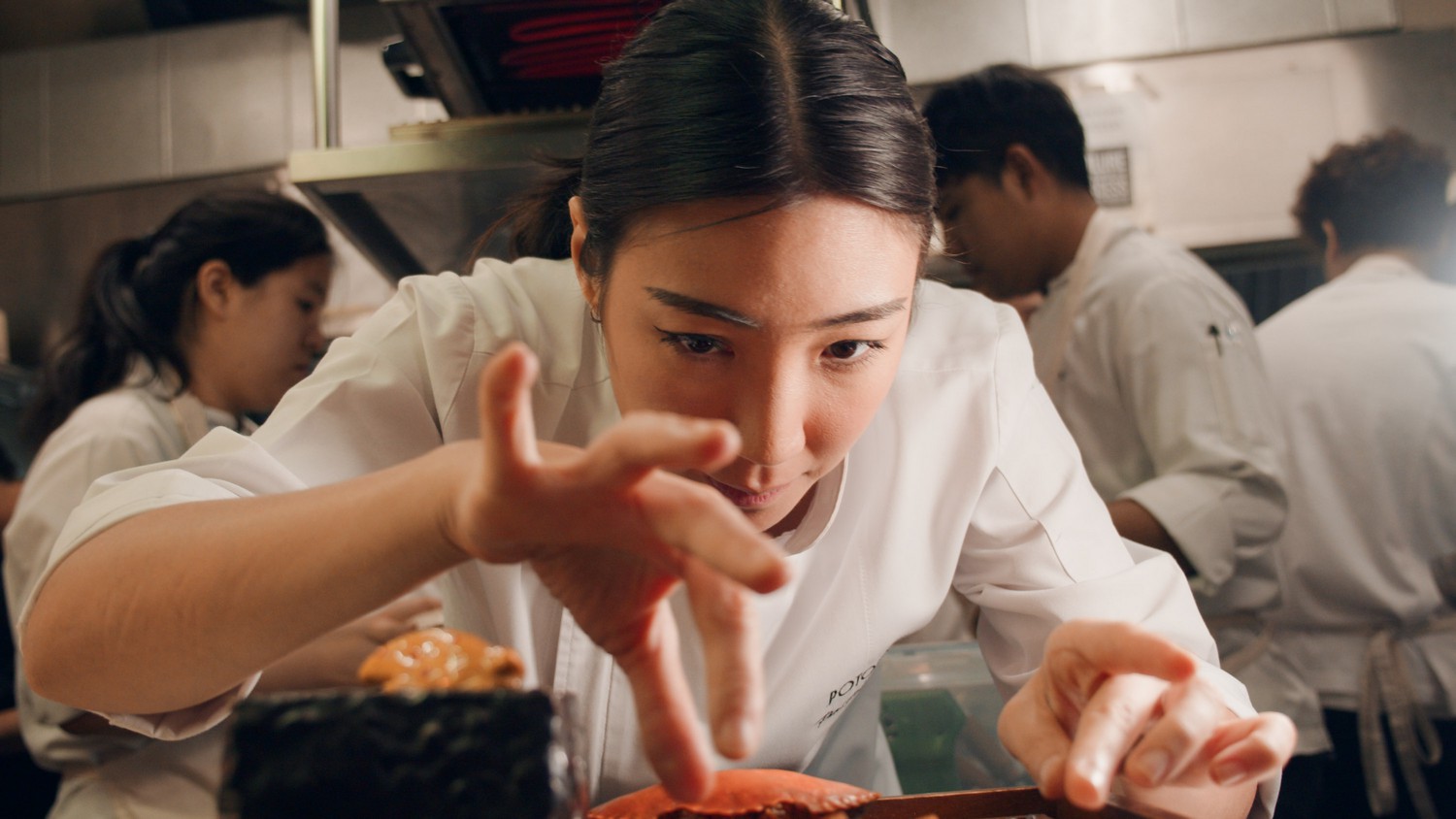
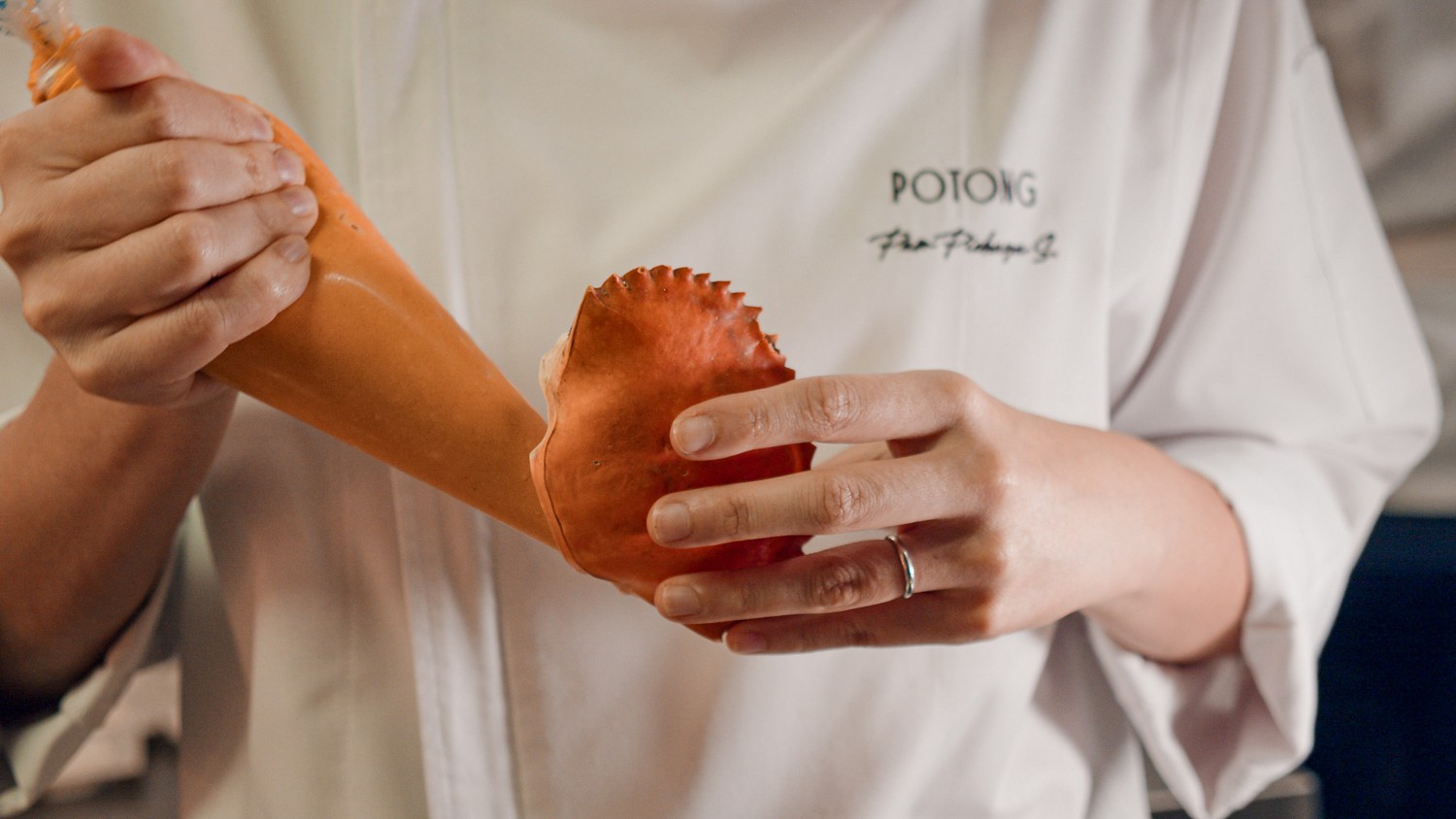
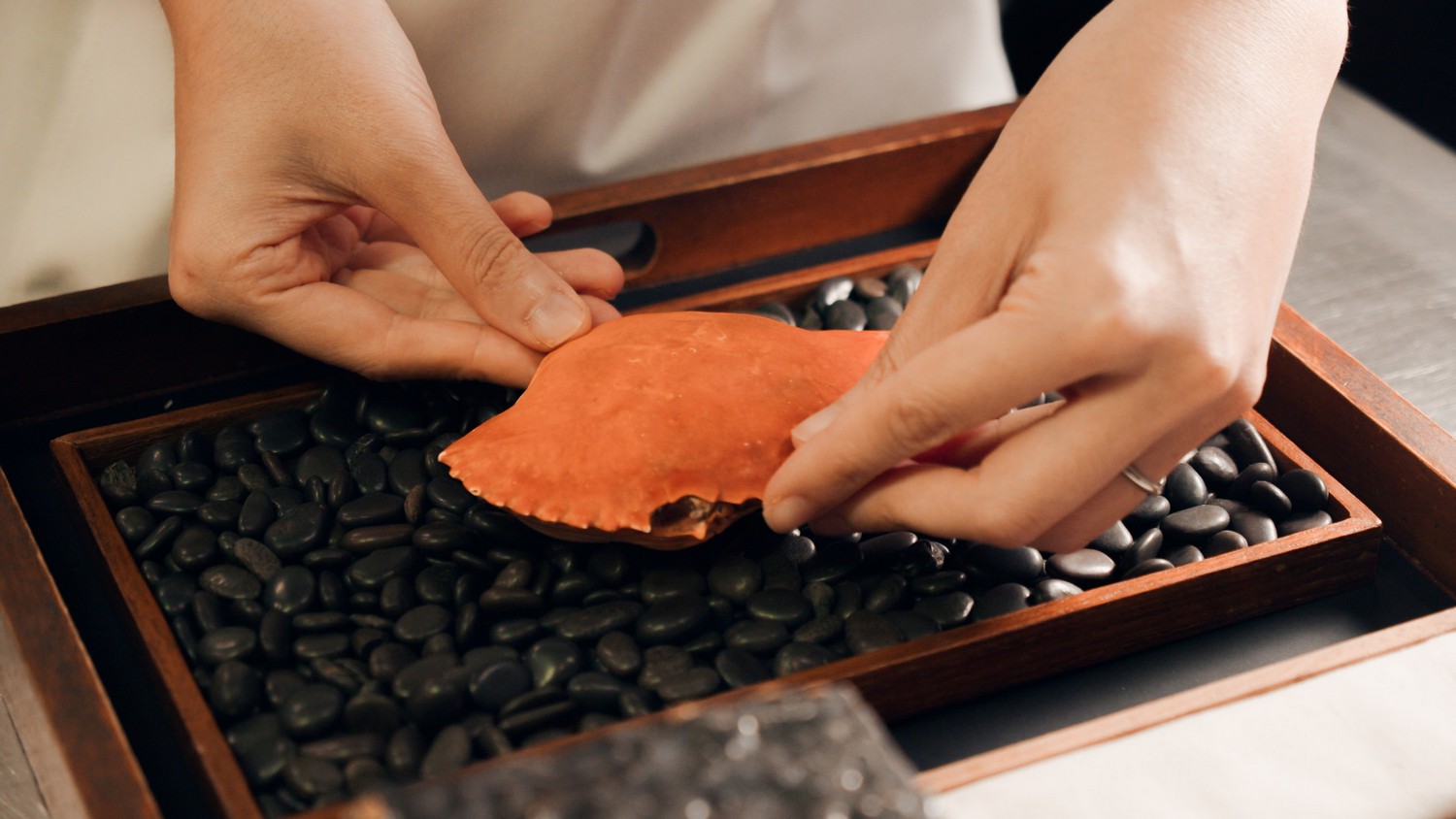
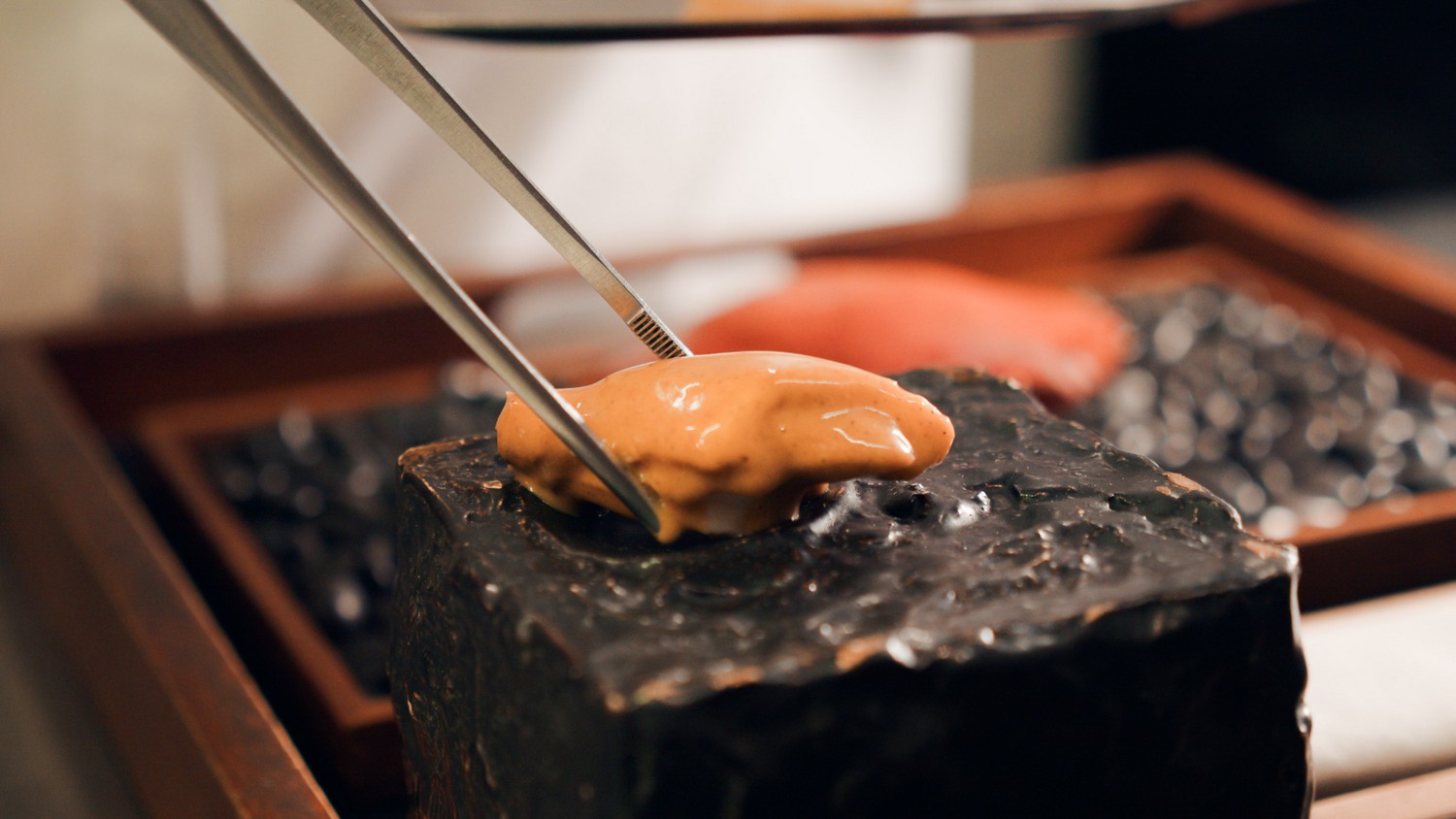
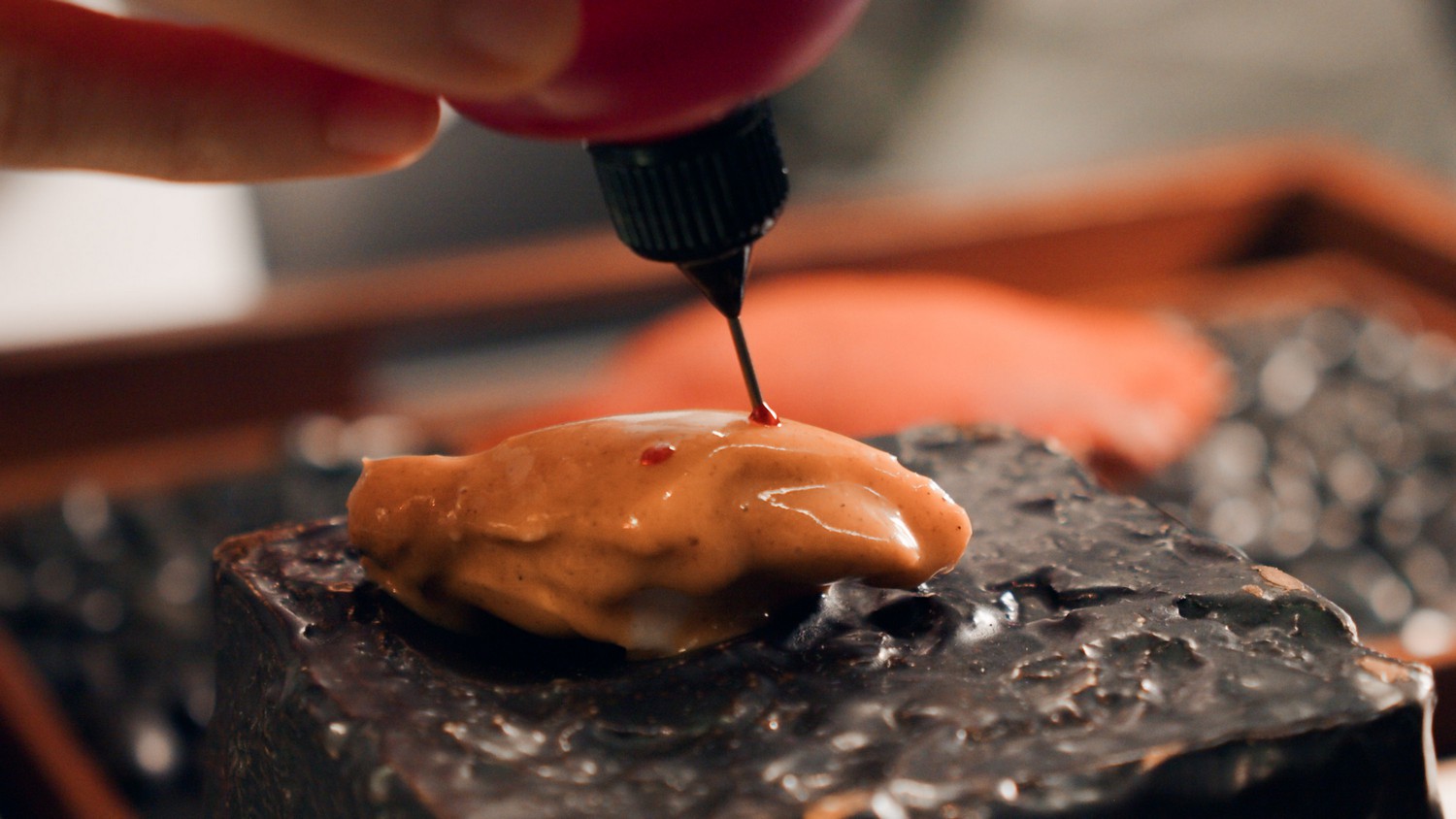
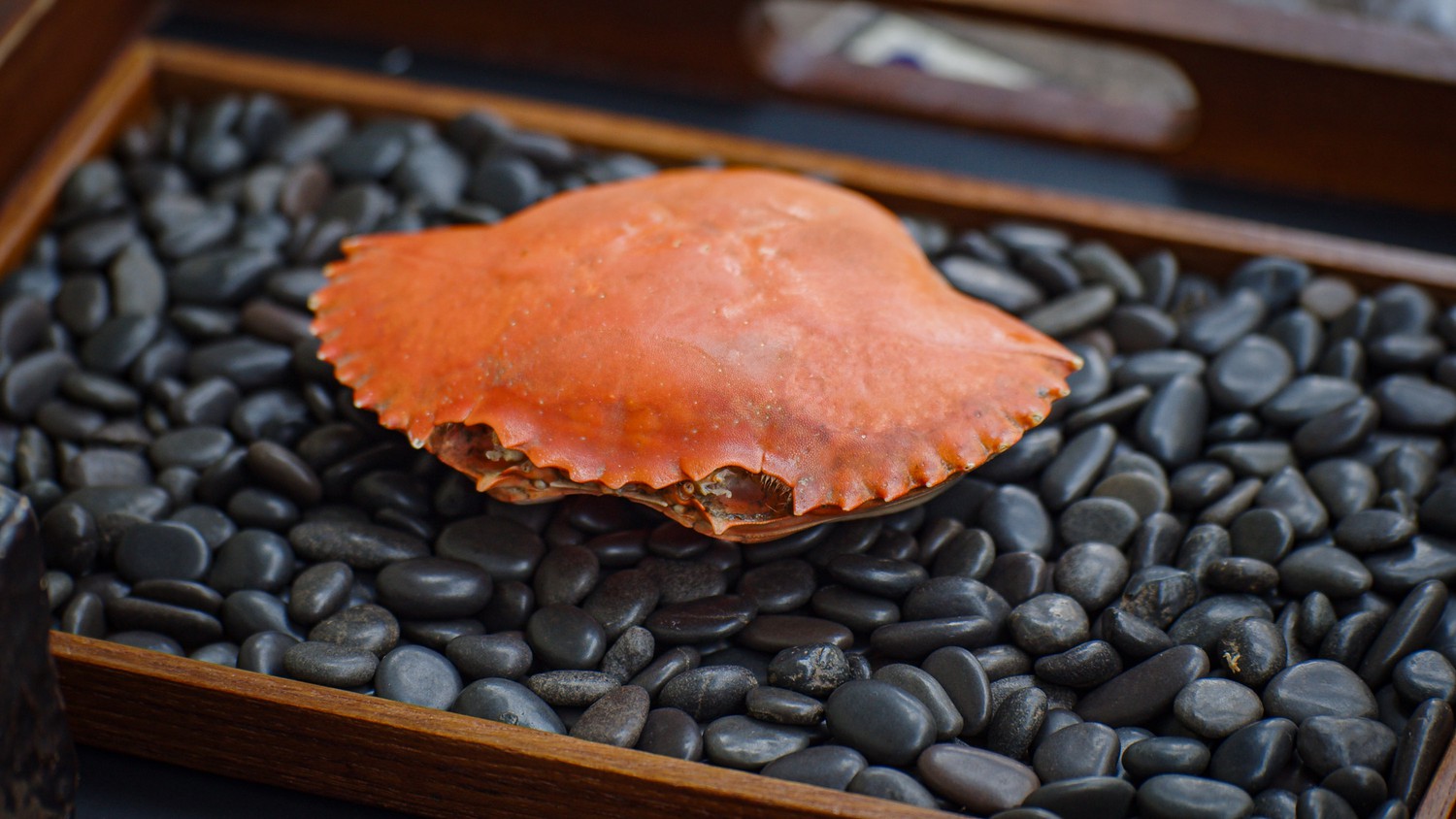
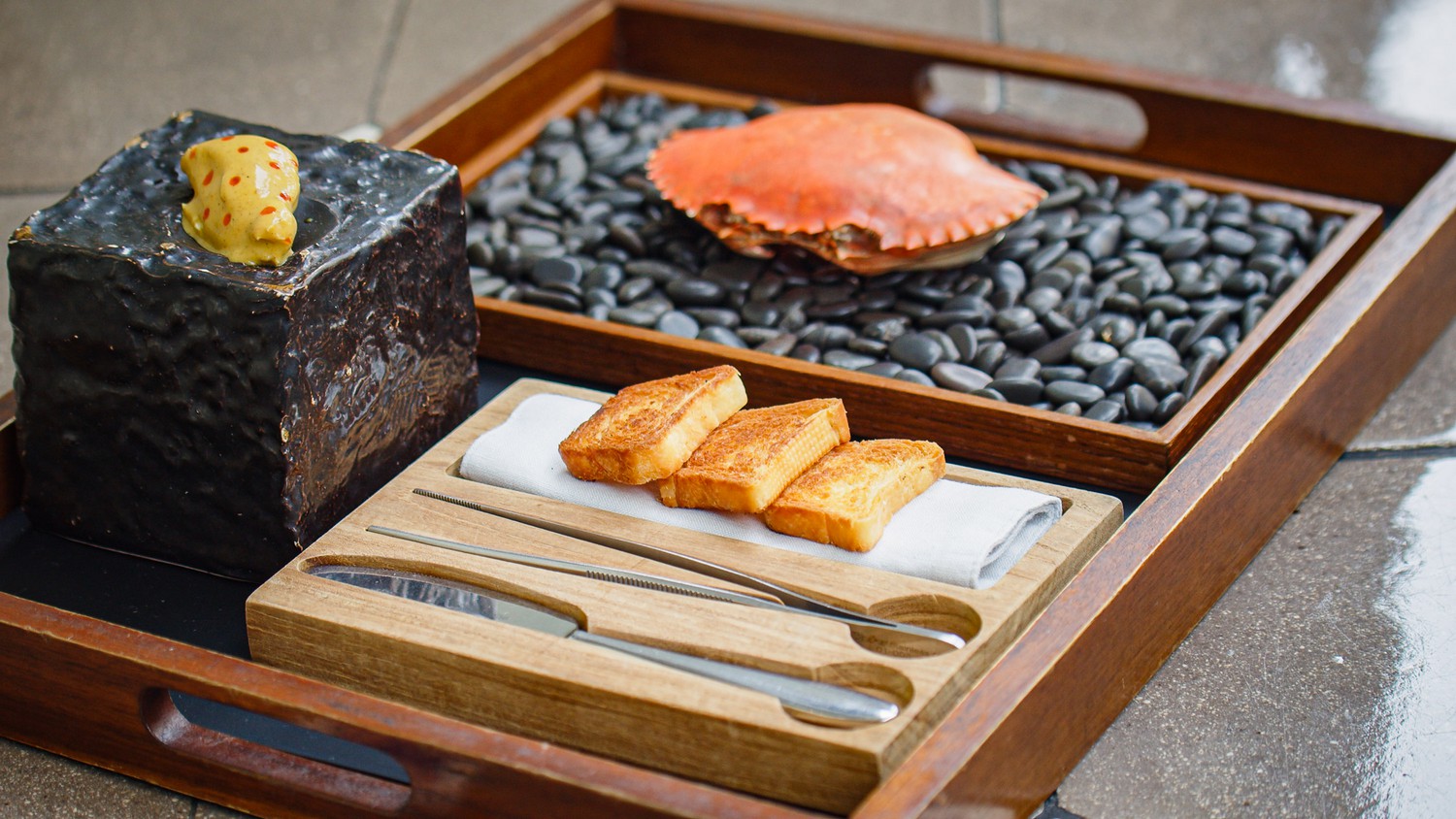
The Best Chef: What does Thai food mean to you?
Chef Pam: I believe Thai food is bold, characterized by a balance of flavors and a punchy taste profile. It encompasses a diverse range of flavors, including sweet, sour, salty, bitter, and spicy, offering endless variations. Nowadays, foreigners are becoming more acquainted with Thai cuisine beyond the popular dishes like tom yum or pad thai. Thai cuisine encompasses regional variations from the northern, southern, central, northeastern, and Thai-Chinese regions, showcasing the rich diversity within Thai culinary traditions. As a result, people are increasingly exploring and appreciating the breadth and depth of Thai cuisine.
The Best Chef: Each of us has a mission, a dream in our career. What is yours?
Chef Pam: My dream is to become the best chef, naturally 🙂 While I don’t claim to be the most successful one, I’m not claiming to be the most successful one, but I do have significant aspirations. I had big dreams when I was young, and now many of them have materialized. When you achieve a certain level of satisfaction, you naturally want to uplift others and bring them along with you. Therefore, I aim to cultivate my team, both in the front and back of the house. Ultimately, I want them to become individuals who can also inspire the next generation.
The Best Chef: You also provide opportunities for your team to build a good life and career.
Chef Pam: Yes, indeed. Wherever I go, whether for collaborations or abroad, I always rotate my team members so they can explore and draw inspiration from other chefs, not just from me. Additionally, I’ve initiated a program called WFW, Women for Women, which we launched at the beginning of the year. It’s not merely an internship but a scholarship program with an internship component. Each year, we select one female candidate from outside Bangkok, typically from families unable to afford living expenses in the city. I aim to support young individuals passionate about cooking by covering their living costs, meals, uniforms, and providing a monthly stipend. This way, they can pursue their culinary dreams with financial stability.
The Best Chef: How is the situation in Thailand regarding female chefs? Was it difficult for you as a woman? Did you notice any differences?
Chef Pam: I think, based on my personal experience, being a female in the kitchen has not been a problem for me. I mean, I wasn’t treated differently, even in the US and here. I think in Thailand, we have a lot of female chefs, more than other Asian countries, I would say. Because, you know, we treat everyone the same in general. And mostly, if you observe street food, it’s often women cooking over the stoves. People often ask me, why do you think that there are many females in home cooking, but when it comes to the professional restaurant world, it’s mostly men? I think it’s because of family responsibilities. Like for me, there’s a point where I feel like I’m not being a good mother, that I should quit this career just to fulfill the mother role that people view as correct. But then, I think it’s self-conscious. If you grapple with this and believe that, okay, if you want to continue your career, you may need to make some sacrifices, but then you do the best you can as a mother, then it’s okay. So, I think, but to think like that is quite difficult for women because you feel guilty somehow. And I think that discourages many females from pursuing their careers and causes them to drop out. I think that’s the borderline.

